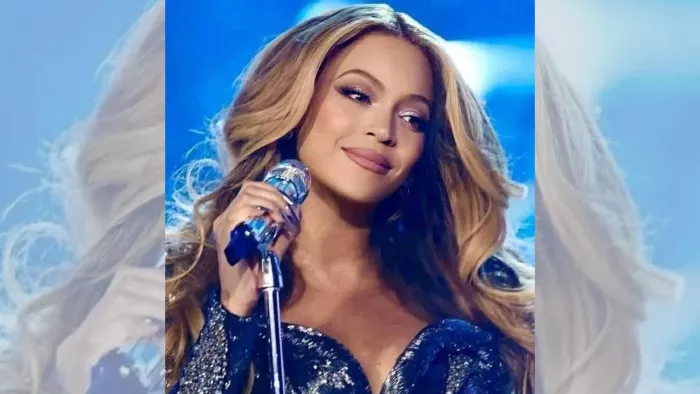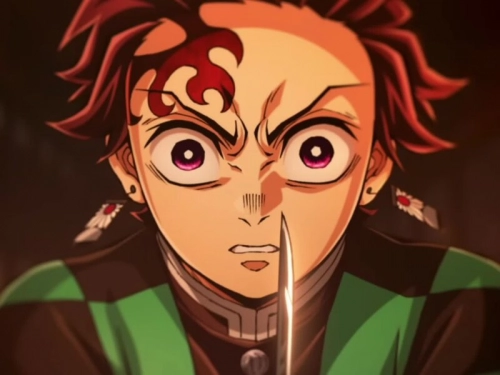
Beyoncé’s Houston concert delivered more than spectacle—it delivered a moment of raw, unscripted drama. Suspended above the crowd in a flying car, she found herself at the mercy of a tilting stage prop. With unflinching authority, she halted the show, her command slicing through the tension as the vehicle dangled mid-air. The audience, rapt moments before, fell silent. Relief only arrived when she was safely lowered to the stage.
This was not just a technical mishap; it was a revealing rupture in the armor of pop superstardom. In an era obsessed with flawless production, Beyoncé’s poise under literal pressure set a new standard. Her quick, wry remark—“If I ever fall, I know y’all will catch me”—did more than soothe the crowd; it became instant internet folklore, dissected and memed as proof of her composure and wit.
Social media, predictably, erupted. Some fans praised her “legendary” calm; others demanded an end to such high-wire theatrics. But the real story isn’t the malfunction—it’s the risk baked into modern pop performance. Today’s artists are expected to defy gravity, danger, and even common sense, all for a fleeting moment of awe. The flying car, meant to bridge artist and audience, instead exposed the perilous edge of spectacle.
We must ask: how far will pop culture push its icons in pursuit of ever-greater thrills? Beyoncé’s ordeal is a warning. As the machinery of fame grows more elaborate, so do the risks—and the expectations. The next time technology falters, will we applaud the artist’s grace or finally question the cost of our insatiable appetite for spectacle? Beyoncé landed safely, but the industry’s ambitions remain perilously airborne.





Comments